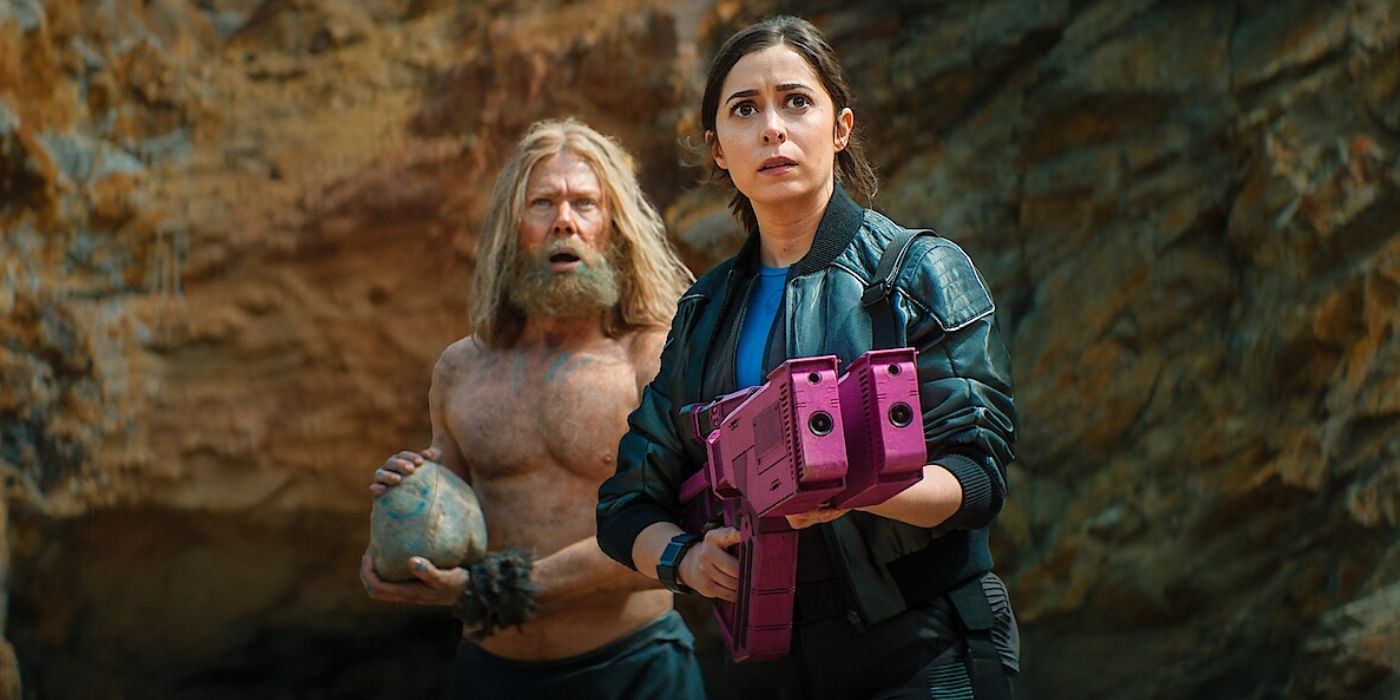
Black Mirror stands out as one of the most captivating television series in contemporary times. This sci-fi production seamlessly intertwines aspects of drama, dark humor, and even terror to produce a compelling critique of society and our interactions with technology. The episodic structure of the program offers diverse ideas and narratives focusing on technological advancements and social media, and their impact on our everyday lives. Conceived by Charlie Booker, the show delves into ominous, unsettling topics that mirror society’s apprehensions and aspirations regarding technology’s tight control over us.
In this anthology series, every season and episode features distinct settings, characters, and storylines. Although they all revolve around the ominous side of technology or social media, the quality and coherence between seasons can differ significantly. Throughout its entire run, this show has garnered praise from critics, with many seasons earning a “Certified Fresh” rating on Rotten Tomatoes. With season 7 now streaming on Netflix, we’re examining each season to determine which one Rotten Tomatoes’ critics consider the best. While critical acclaim doesn’t guarantee a show’s quality, it does influence people’s opinions about it.
7
Season 5
66%
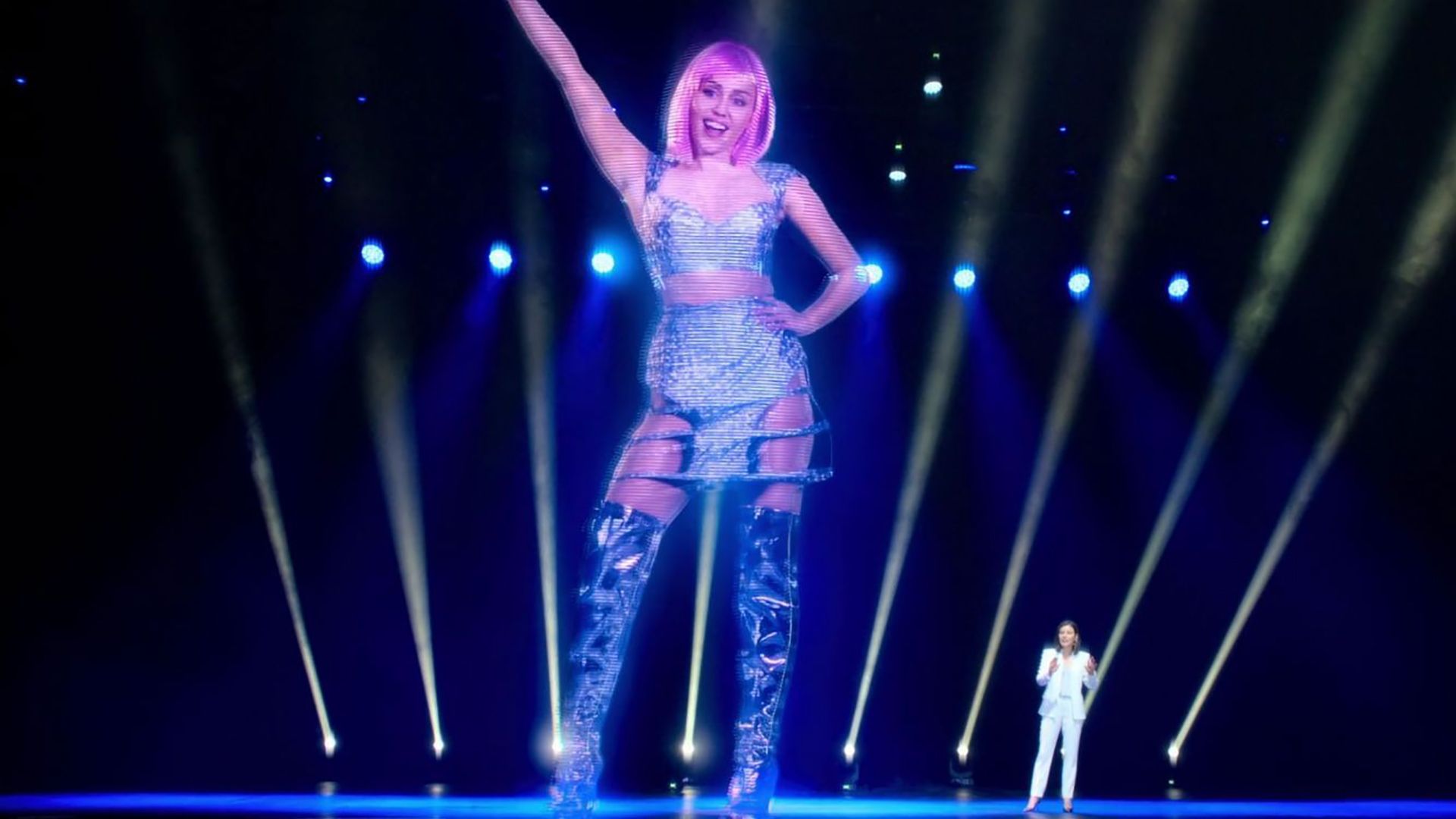


Many viewers and critics alike tend to regard the fifth season of the series as the least compelling among the seven, due to its handling of the recurring theme in Black Mirror – humanity’s relationship with technology. However, it fails to evoke the emotional resonance found in other seasons, largely because it contains only three episodes and strays from the grim tone that characterized most of its predecessors. Furthermore, this season is criticized for being less surprising than previous installments of the show.
This season isn’t bad at all, but it seems like a significant drop compared to the ones that preceded it. “Smithereens,” without a doubt, is the best episode from the fifth season. Andrew Scott delivers an exceptional performance that might be one of the best the show has ever had. However, just one great episode isn’t enough to elevate this season in the rankings. In summary, while Black Mirror’s fifth season doesn’t quite reach the high points or surprises of its previous installments, it still offers some of TV’s most intriguing philosophical discussions – for better or worse.
6
Season 6
78%



In the sixth season, I found myself captivated by five episodes that delved deeper into horror than many other Black Mirror episodes. This season served as a chilling exploration of how deeply technology, social media, and streaming platforms have woven themselves into our daily lives, often leading us down a path towards madness.
In the episode “Joan is Awful,” we were presented with the perils of using AI technology in place of human actors, while ‘Beyond the Sea’ employed robotic doppelgängers to convey the pointlessness of trying to separate aspects of our lives through technology.
Apart from “Mazey Day,” the majority of episodes in season 6 are valuable additions to the series. The season effectively maintained a balance in tone while delving into various ideas. Unfortunately, “Mazey Day” strayed significantly from the typical Black Mirror format, opting for a supernatural horror genre instead. However, it failed to resonate as expected and served more as a critique of sensational paparazzi rather than commentary on technology. Although this theme is relevant, it doesn’t align with the central themes of the show, and the supernatural element wasn’t compelling enough to compensate for its departure from the series’ usual style. Critics at Rotten Tomatoes shared similar sentiments, describing the episodes as ranging from “instant classics” to “woefully undercooked.
5
Season 4
85%

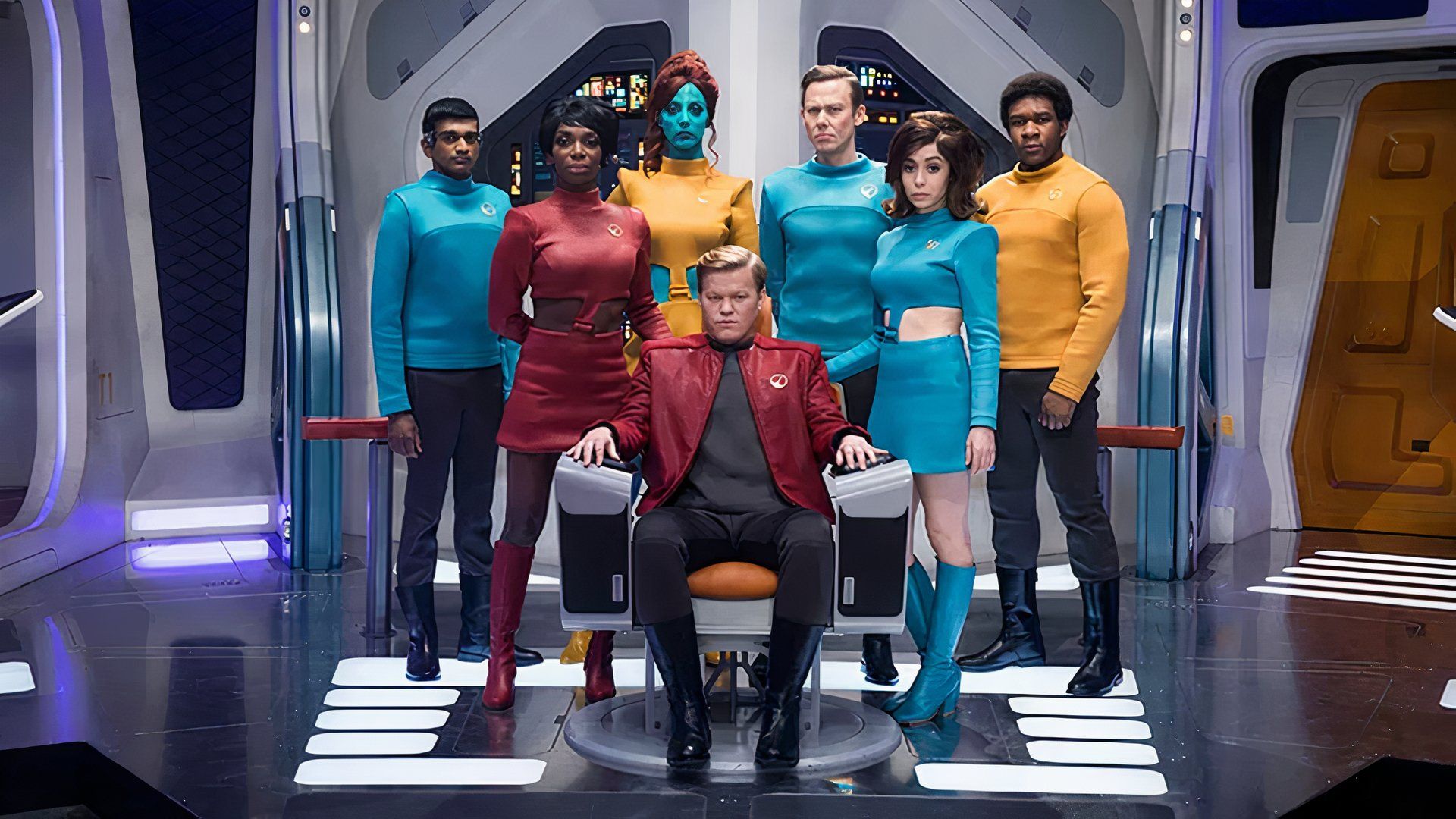

Season 4 consists of six episodes that help unfold the season’s narratives. Compared to season five, this season exhibits a wider range of genre and mood combinations, making it a notch above in terms of quality. One of the critically acclaimed episodes, “USS Callister,” showcases a dark, suspenseful sci-fi plot that has earned praise across the entire series. This episode alone justifies watching the season. Additionally, there’s the more playful and romance-centric episode titled “Hang the DJ.” In this installment, people are matched up using an app designed to test potential partners, with each relationship given a time limit until the perfect match is found.
While most episodes in this season showcase impressive visuals, they don’t quite match up in terms of memorability with “USS Callister” and “Hang the DJ,” with the possible exception of “Black Museum.” The season as a whole can be described as stylish, but some episodes seem to follow too closely the formula established by the show. Although they feature dark plots, their narratives are rather straightforward and fail to fully immerse viewers in the Black Mirror universe. The episode “Metalhead” was particularly divisive when it first aired in 2017. Overall, this season presents a mix of compelling stories that reflect our growing dependence on technology. Critics generally agree that with its fourth season, Black Mirror continues to scare fans by portraying technology that is either currently present or could soon become an integral part of our daily lives.
4
Season 3
86%

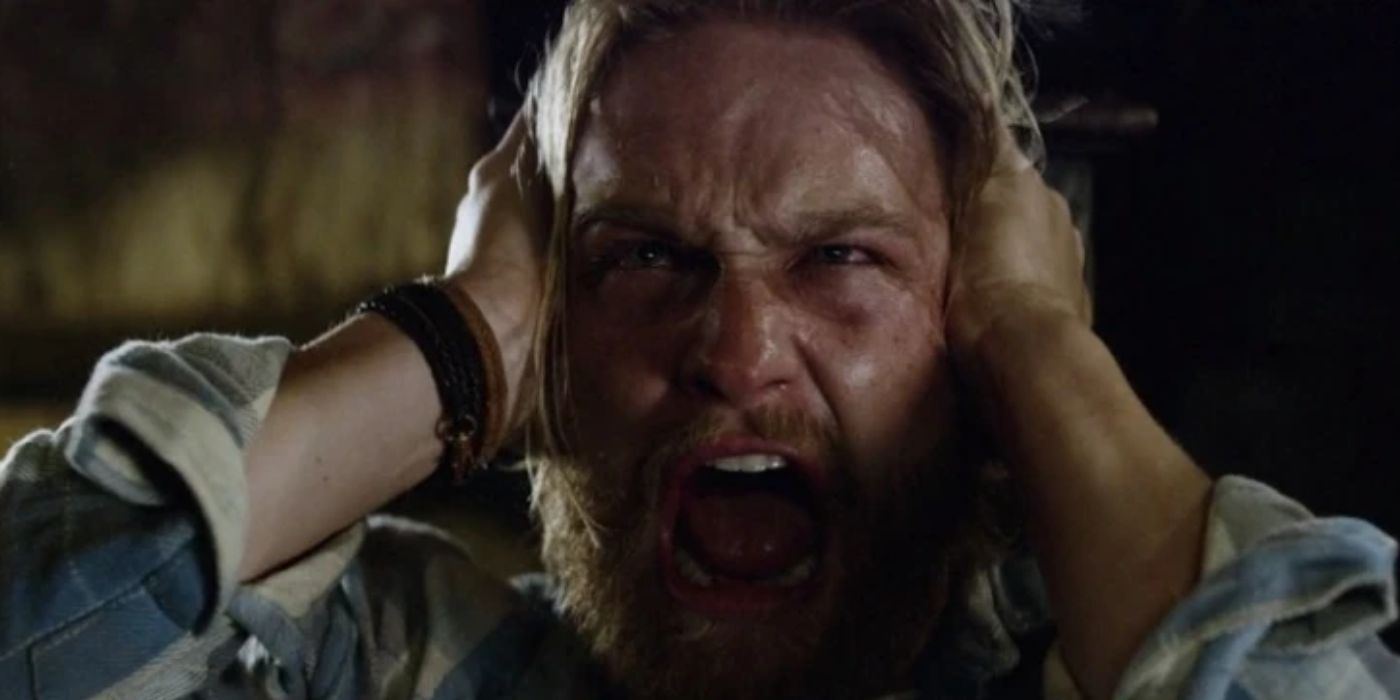
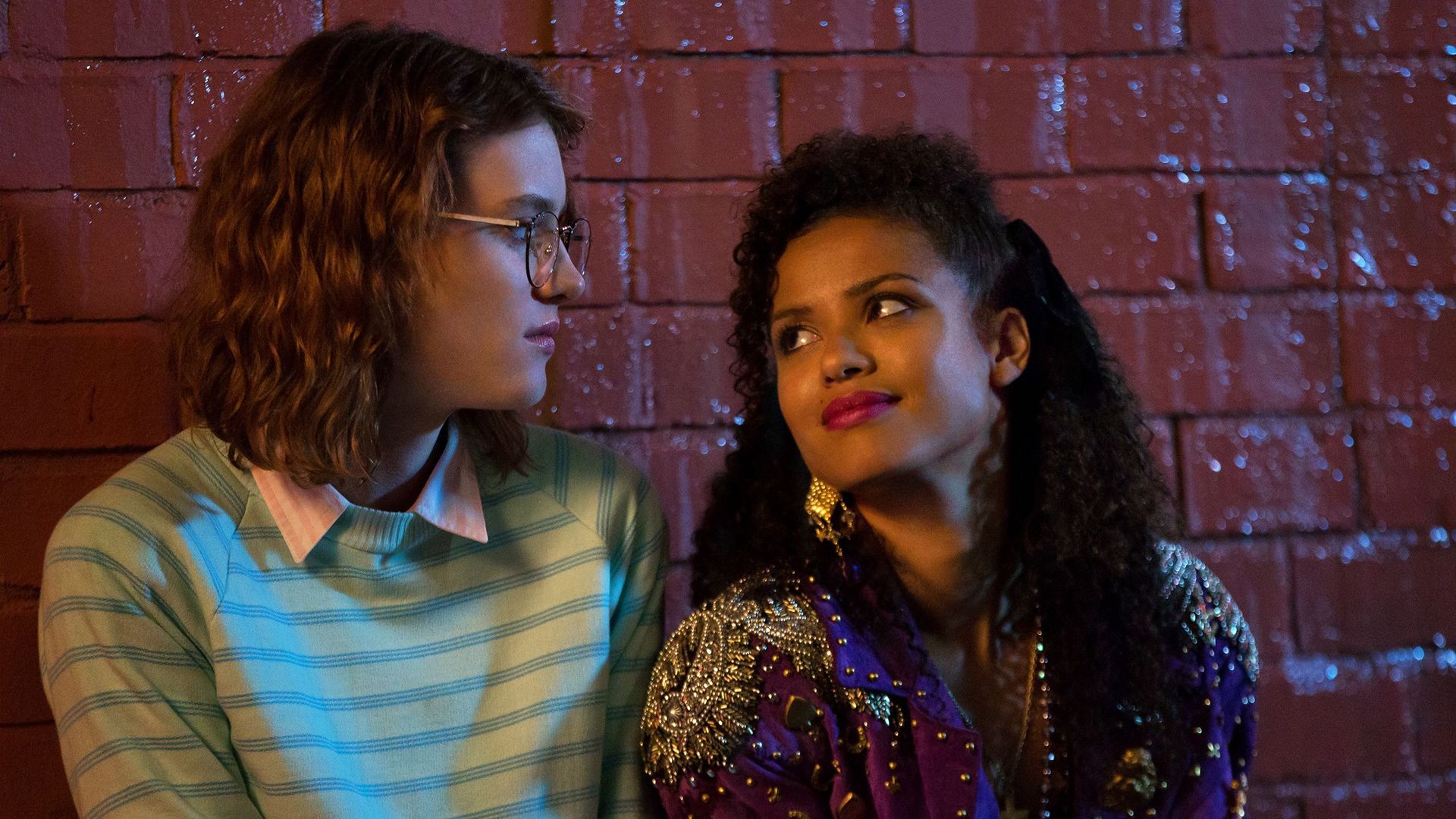
Season 3 of “Black Mirror” is generally acclaimed by fans as the peak of the series, showcasing the show at its most thought-provoking and socially relevant. The series aims to provide insight on how technology permeates every aspect of our lives, from social media to gaming, computers, or smart devices. In today’s world, technology is ubiquitous, and all we can do is strive to manage our response to it. Episodes like “Nosedive” and “Playtest” skillfully illustrate how people often rely on social media approval to justify their lives, and the eagerness to experiment with new technology for a few extra dollars in tough economic times, respectively. These episodes have the depth and impact of full-length films.
The critics found it appealing too, though it didn’t make it to the top of their lists like it did for most fans. However, Season 3 provided a momentary relief from the grim and unsettling portrayal of society’s technological advancement, particularly with the beloved episode “San Junipero.” The season successfully balanced this lighter tone while maintaining the darker, intricate narrative that the series is recognized for. Despite not being the highest-rated on Rotten Tomatoes, the critics still commended it, noting in their consensus that “Charlie Brooker continues to excel as a skilled storyteller of dystopian tales.
3
Season 2
87%

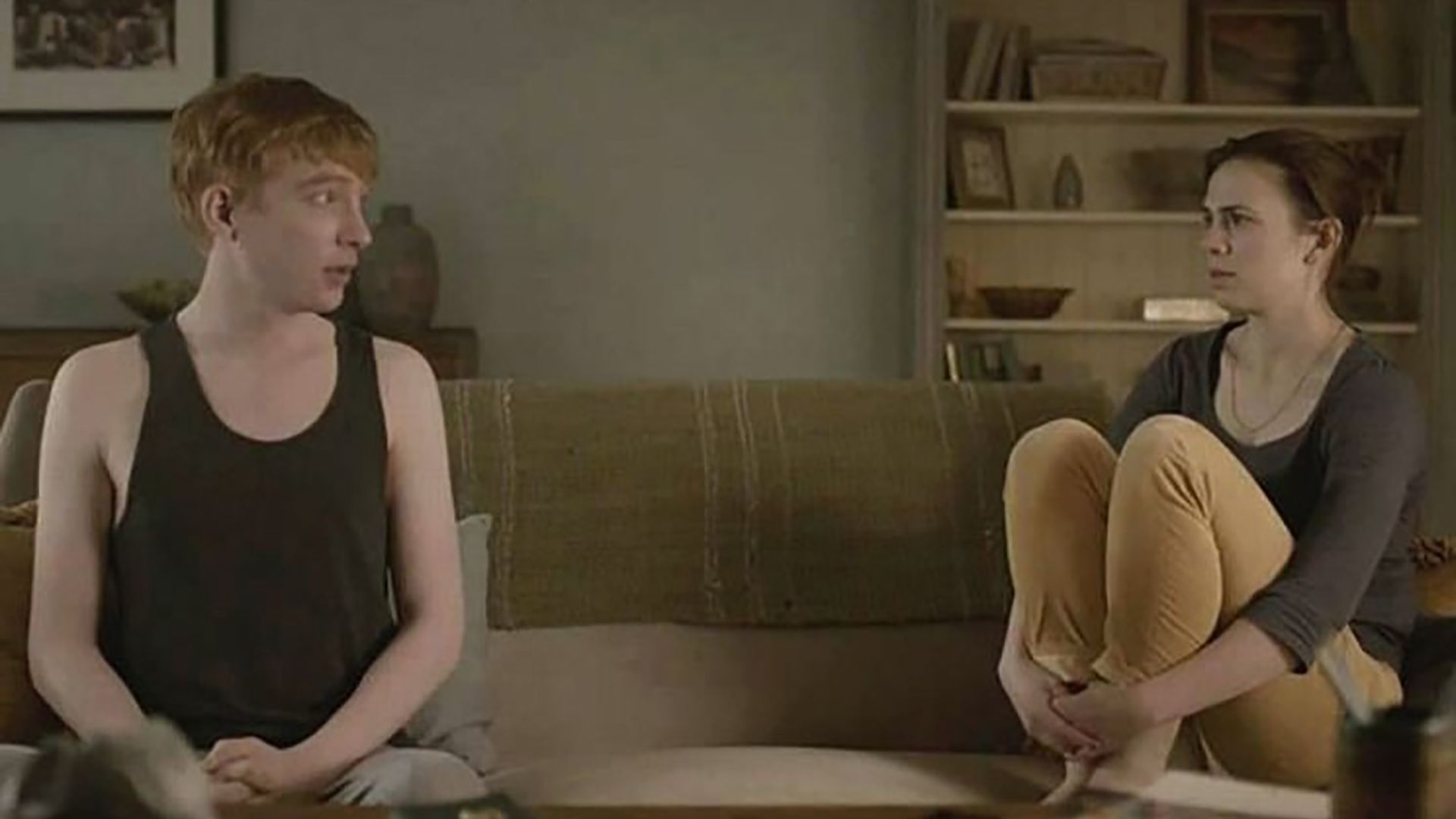
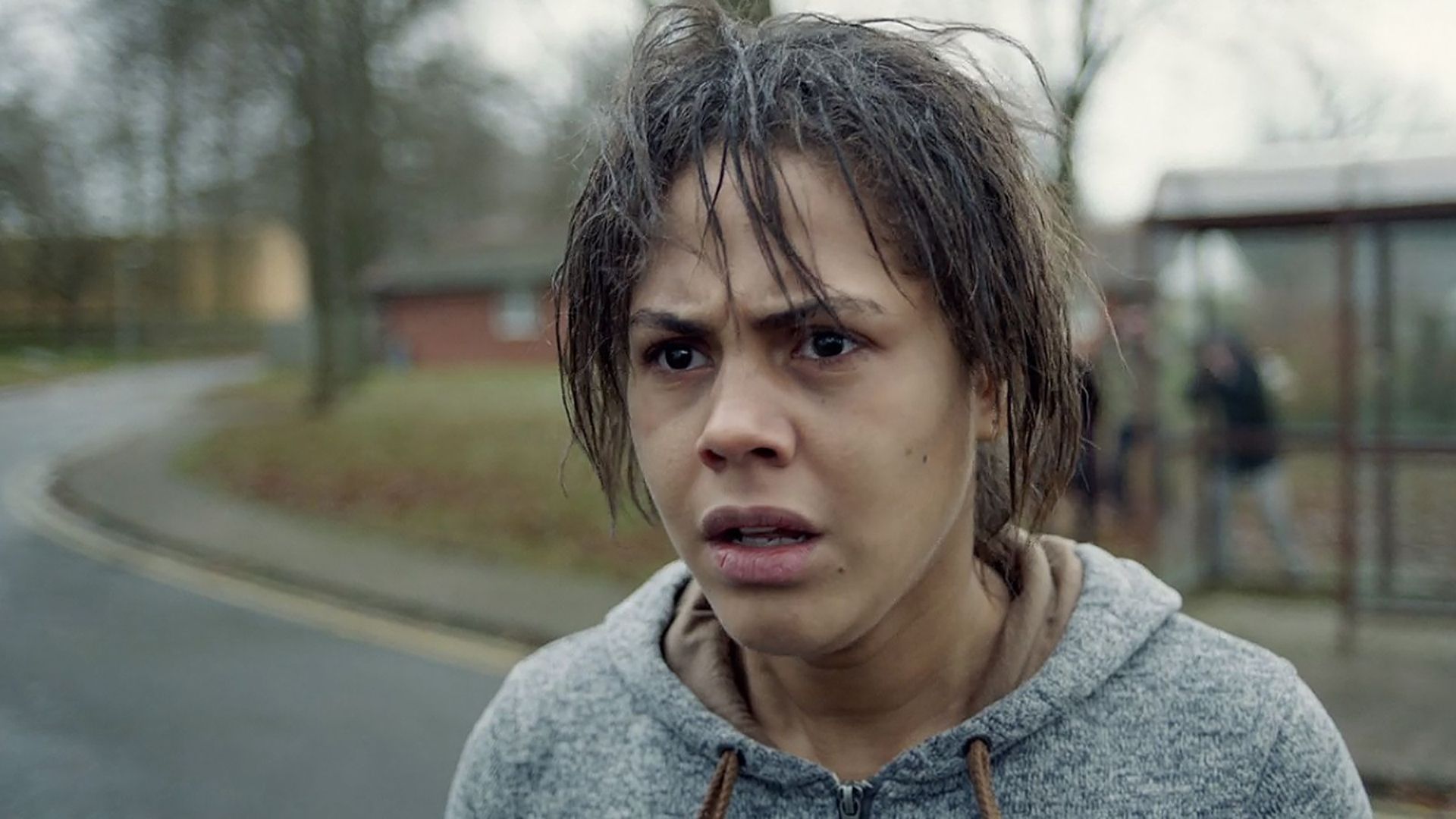
In Season 2, there are only three regular episodes, as the special episode “White Christmas” was added later, according to IMDb. While the first season laid the groundwork for its themes, this season delves deeper into them, focusing not just on technology and our reliance on it, but on humanity itself – revealing its darker aspects. This season also explores grief and loss in greater depth, creating an emotional thread that brings viewers closer to the story. Additionally, Season 2 is more chilling than other seasons, with the episode ‘White Bear’ offering a harrowing portrayal of justice or its absence.
Even though season 2 was short with just three main episodes, it still managed to captivate viewers thoroughly. The third episode, “The Waldo Moment,” may not be as impressive as other show episodes, but “Be Right Back” and “White Bear” are exceptional. These two episodes leave a lasting impression, especially “White Bear,” which stands out for its persistent depiction of how easily society can lose its bearings. This sentiment is shared by critics who believe that season 2 will linger in viewers’ minds even after they finish watching it.
2
Season 7
89%
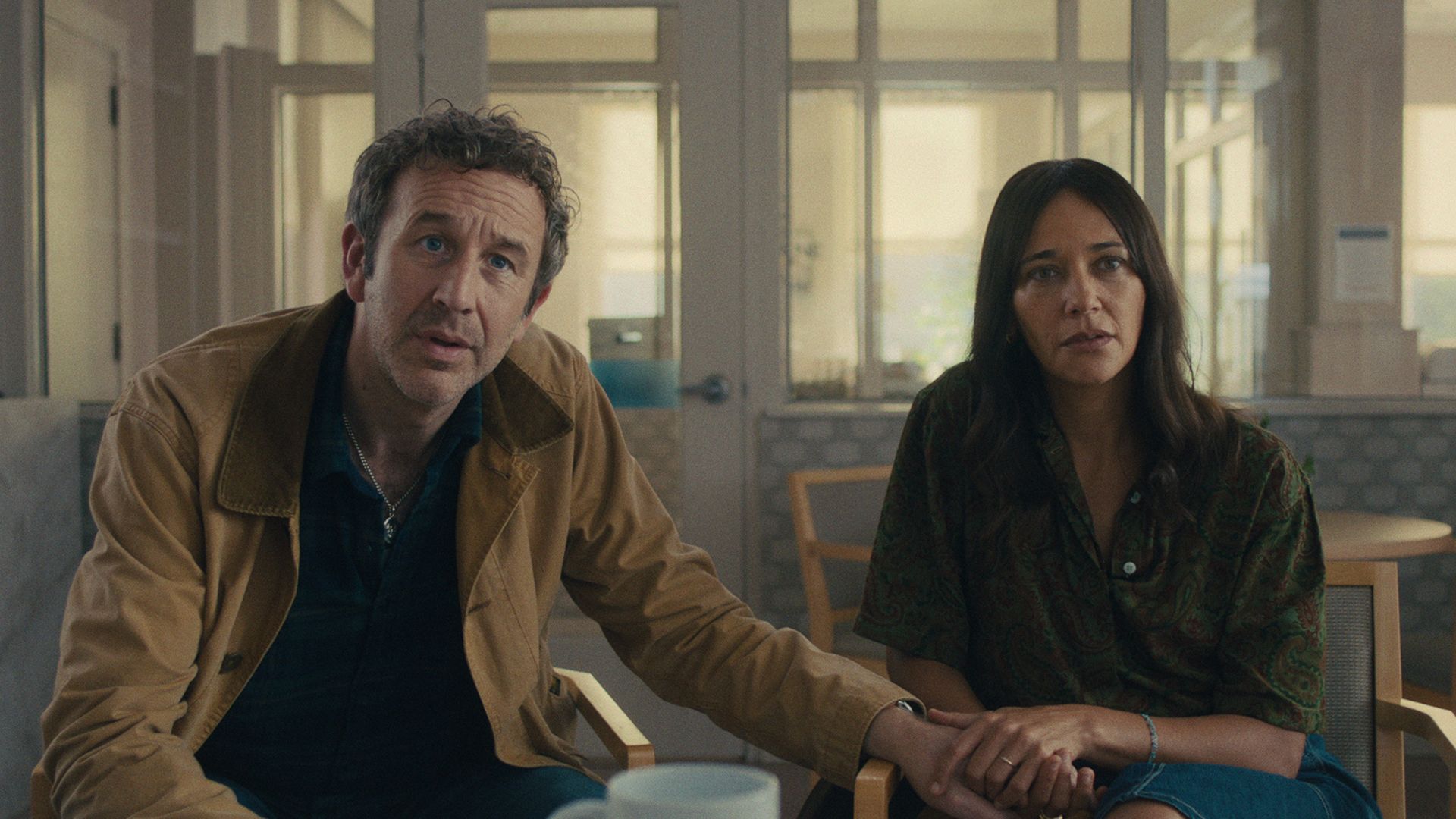

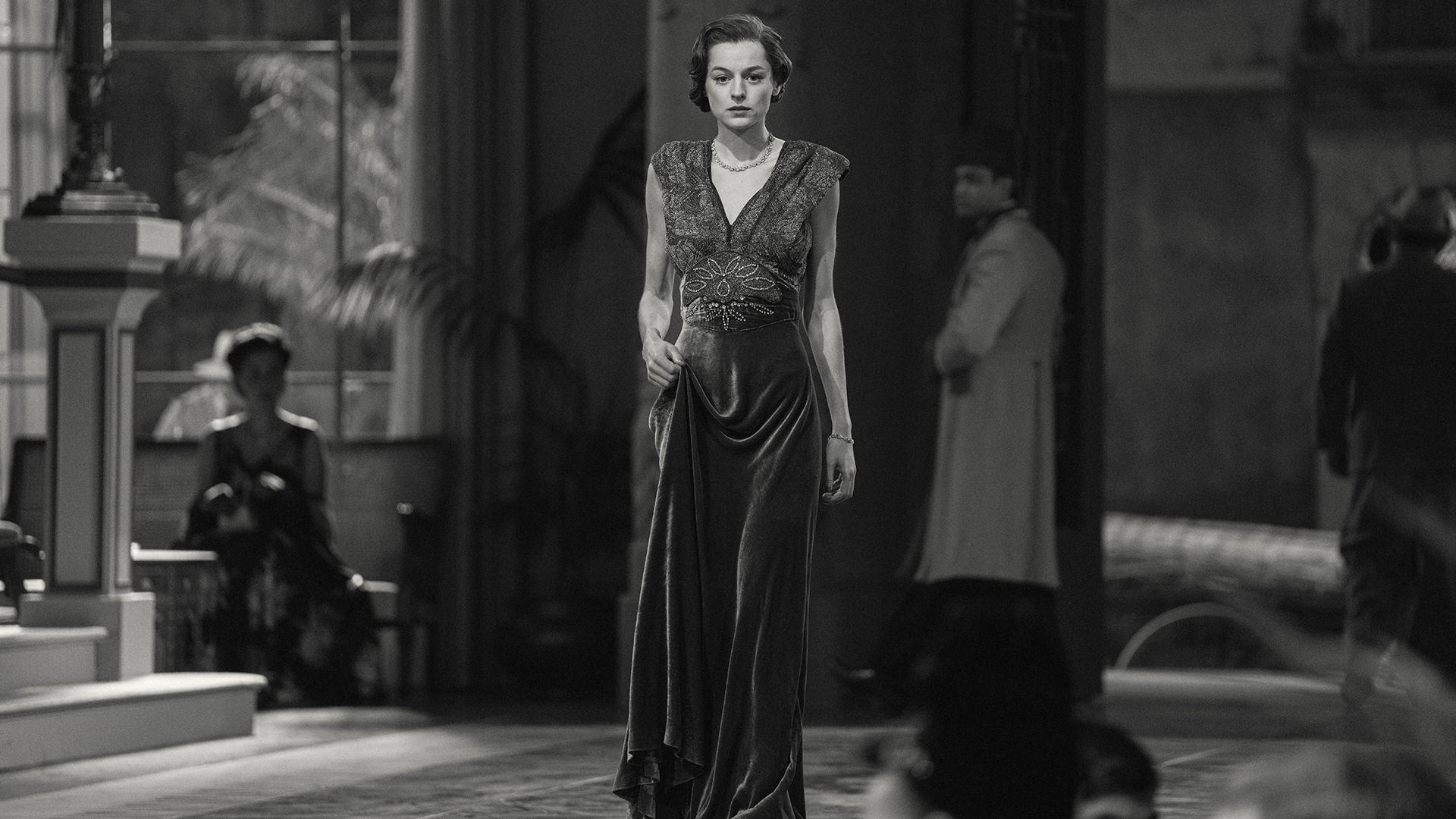
The latest season of “Black Mirror” seemed to bring the show back to its original quality. The debut episode, titled “Common People,” was a poignant, intense story with a tragic conclusion. It revolves around a struggling yet content married couple, portrayed by Rashida Jones and Chris O’Dowd. When Amanda (Jones) receives a diagnosis of an inoperable brain tumor, Mike (O’Dowd) turns to a novel service for hope, which keeps her mind active through a streaming device implanted in her brain. This technology offers various subscription tiers that grow progressively costly and intrude on Amanda’s daily life.
Other episodes like “Bete Noire” and “Plaything” delve deeper into the negative effects technology can have on us and our understanding of reality by exploring these themes more extensively. The episode titled “Hotel Reverie” was intriguing, but it seemed slightly off from the usual narrative flow of the show. Emma Corrin gave a brilliant performance as an old Hollywood starlet, however, the connection between her character and Issa Rae’s was minimal at best. The follow-up to “USS Callister” reintroduced a beloved storyline, while ‘Eulogy’ touched on emotional aspects that some previous seasons may have missed. While it might not reach the heights of other seasons, it is still a valuable addition to the series as a whole.
1
Season 1
98%
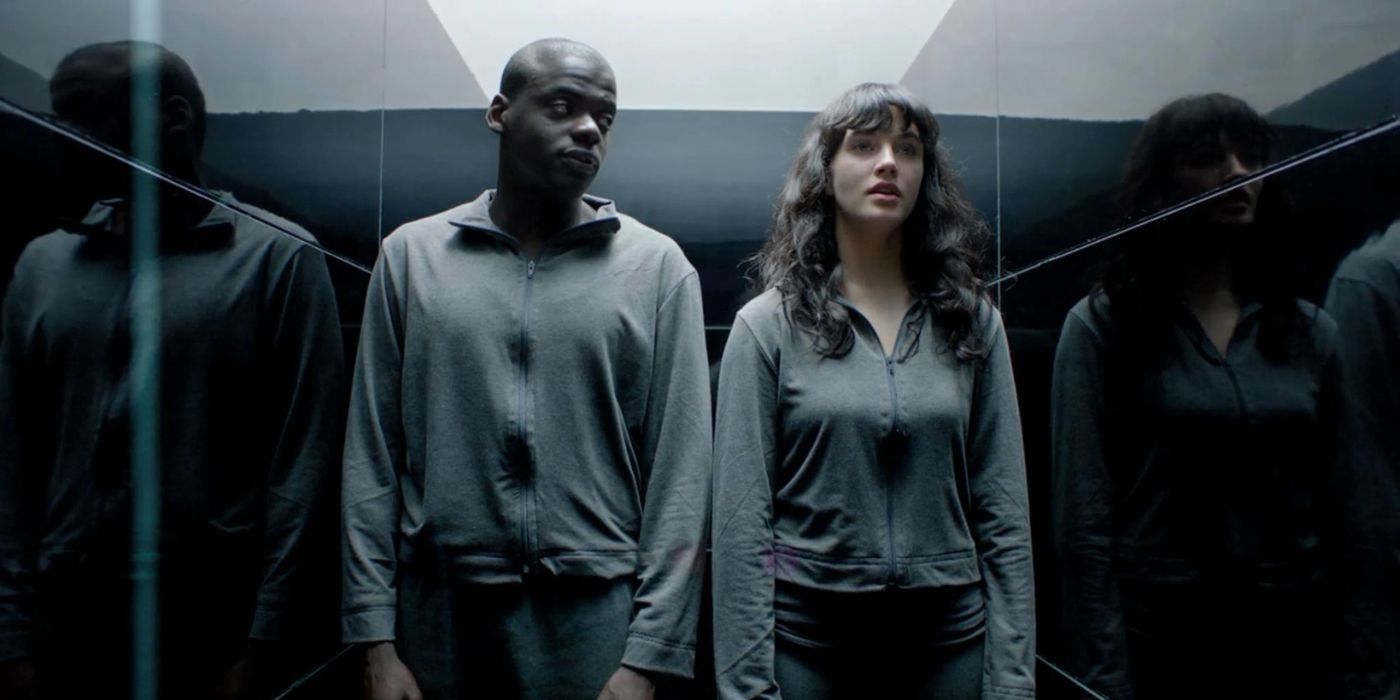
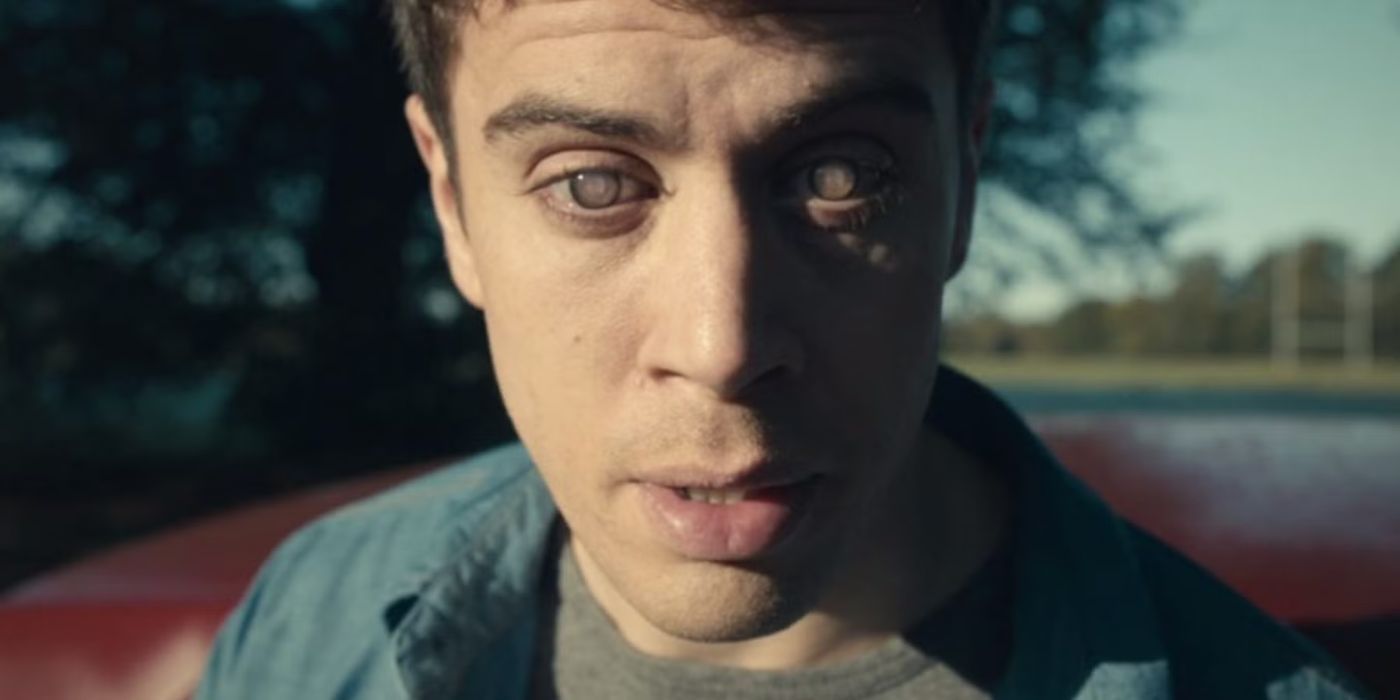
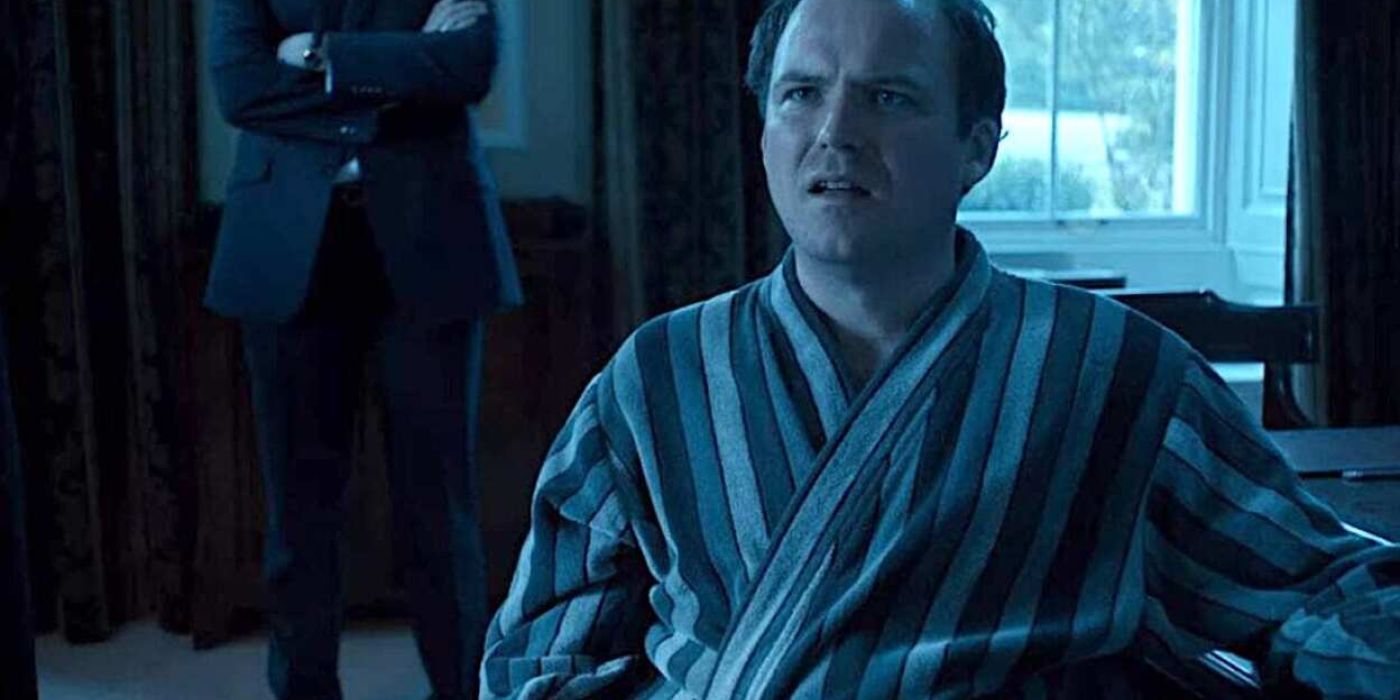
The initial broadcast of the series in the UK instantly captivated audiences due to its unique narrative, insightful social commentary, and bold themes. These elements have given the show’s first season a distinctive edge that has helped it maintain its popularity for close to 14 years. The first episode, ‘The National Anthem’, was particularly shocking, setting the unsettling, disturbing tone for the series. This groundbreaking episode demonstrated the power of episodic storytelling, proving that TV can be gripping, thought-provoking, and even challenge your own beliefs.
Among the standout episodes from season 1, “Fifteen Million Merits” is frequently praised for its exceptional quality. This episode paints a picture of a bleak dystopia where individuals are forced to endlessly pedal stationary bikes to survive. On the other hand, “The Entire History of You,” which boasts an impressive 8.5 rating on IMDb, presents yet another chilling near-future scenario where people possess memory implants that capture every moment of their lives.
The themes presented in these episodes felt unsettlingly real and remain so today. In essence, the critics’ consensus on Rotten Tomatoes captures the power of the first season, stating: “Black Mirror” initiates with a chilling jolt in a compelling first season that will swiftly draw viewers into an eerie new realm of isolation.” It pulls you in right from the start.
Read More
- 50 Goal Sound ID Codes for Blue Lock Rivals
- Quarantine Zone: The Last Check Beginner’s Guide
- 50 Ankle Break & Score Sound ID Codes for Basketball Zero
- Ultimate Myth Idle RPG Tier List & Reroll Guide
- Lucky Offense Tier List & Reroll Guide
- Mirren Star Legends Tier List [Global Release] (May 2025)
- Every House Available In Tainted Grail: The Fall Of Avalon
- Basketball Zero Boombox & Music ID Codes – Roblox
- How to use a Modifier in Wuthering Waves
- Enshrouded Hemotoxin Crisis: How to Disable the Curse and Save Your Sanity!
2025-04-20 23:33